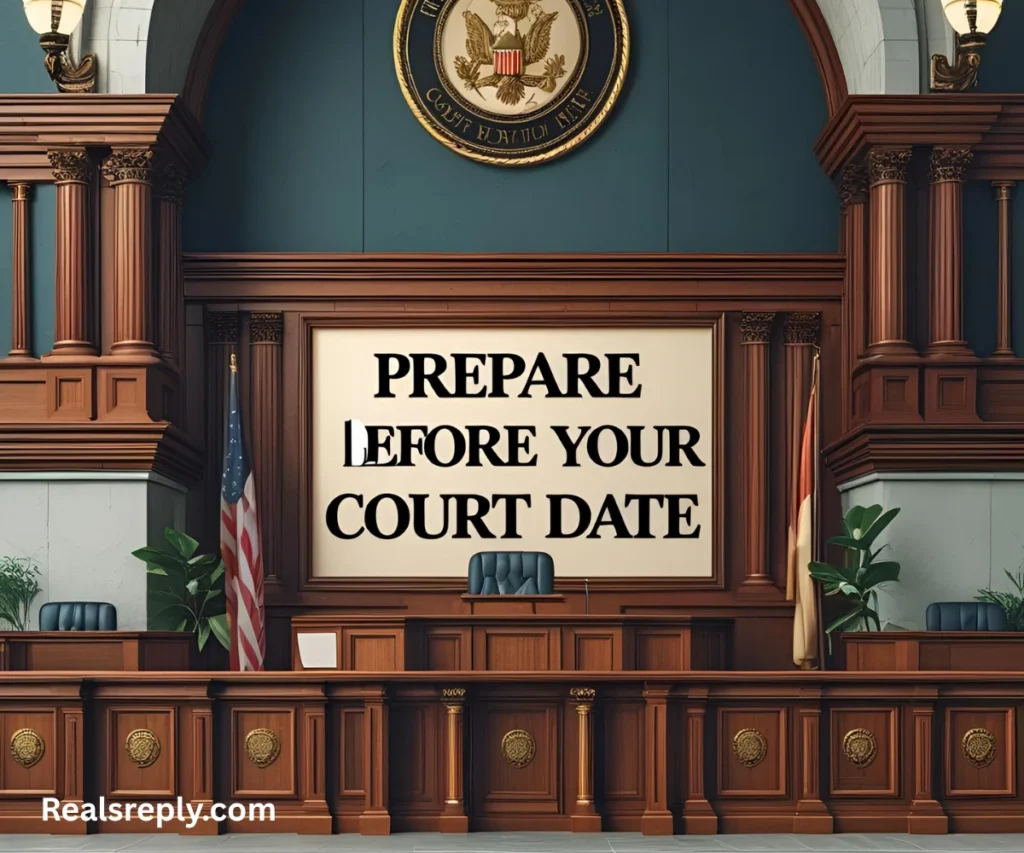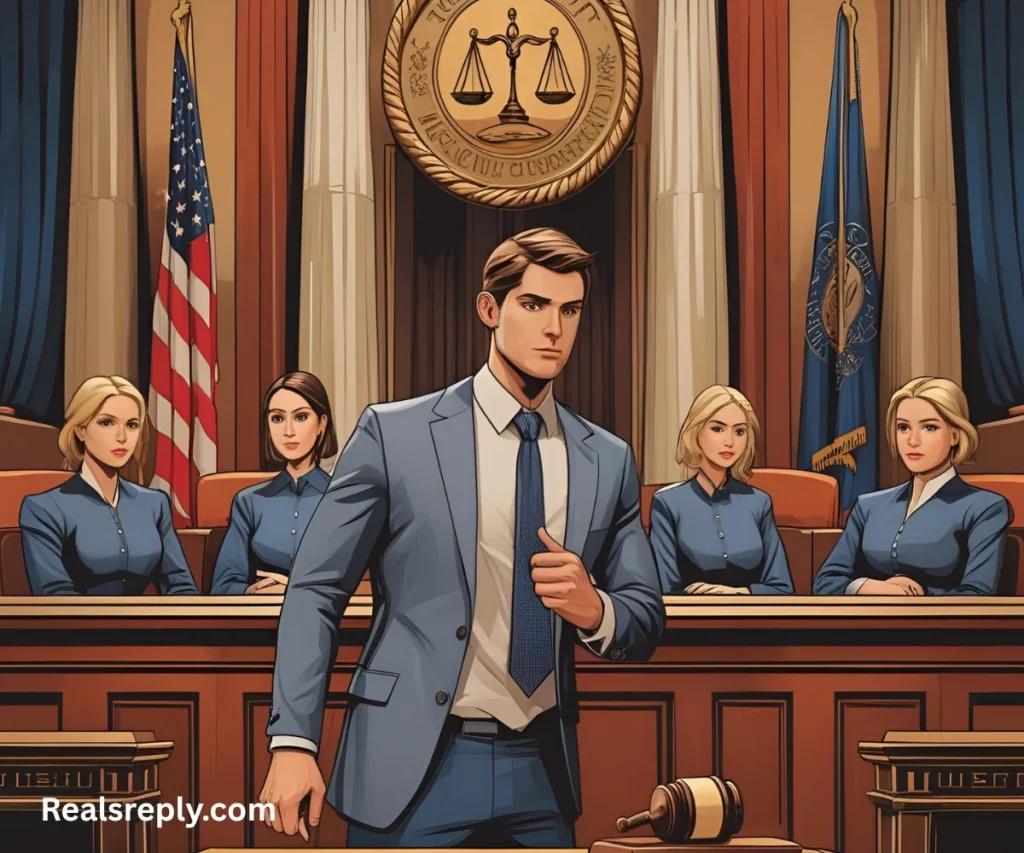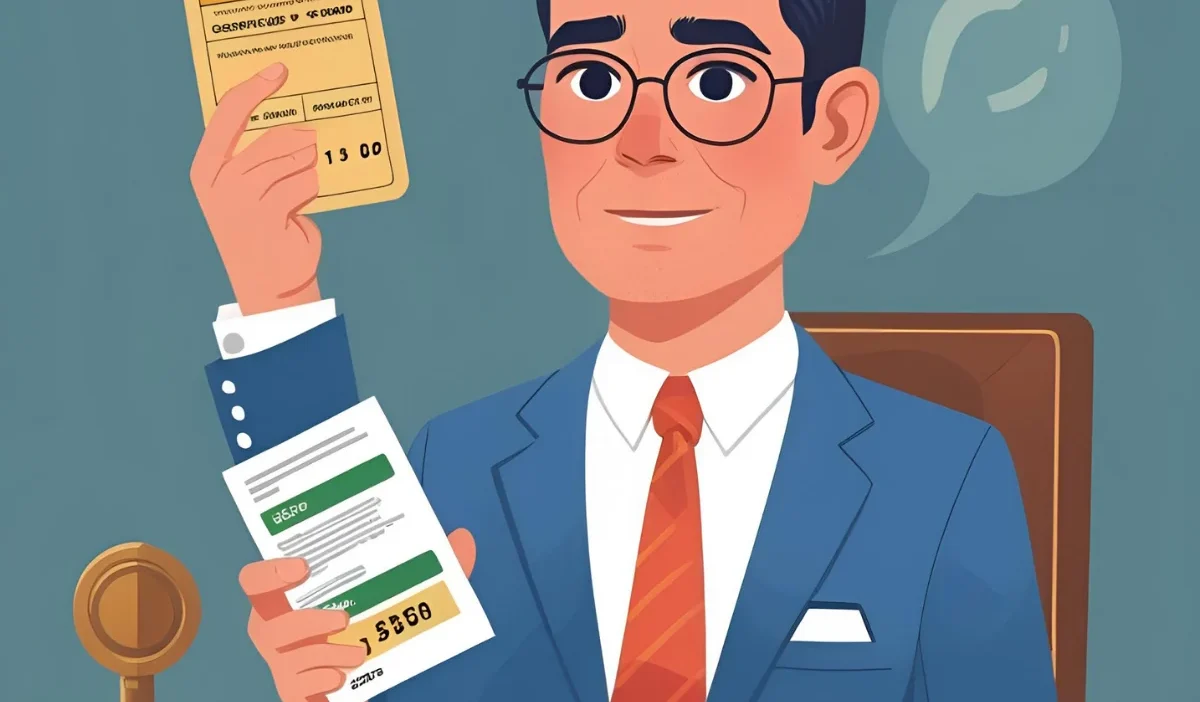Getting a speeding ticket can feel like a punch to the gut.
Your heart races as you see those flashing lights in your rearview mirror, and now you’re facing a court date.
The thought of standing before a judge might make your palms sweaty, but don’t worry—you’ve got this! Knowing what to say in court for a speeding ticket can make a big difference in the outcome.
Whether you’re hoping to reduce the fine, avoid points on your license, or even get the ticket dismissed, preparation is key.
This guide will walk you through practical steps, real-life examples, and exact phrases to use (or avoid) to present your case confidently.
With the right approach, you can turn a stressful moment into an opportunity to show responsibility and respect.
Let’s dive into how you can navigate your court appearance like a pro and possibly walk away with a better result than you expected!
Prepare Before Your Court Date

Preparation is your best friend when facing a judge for a speeding ticket. Start by gathering all the details: your ticket, driving record, and any evidence like photos of unclear road signs. Understanding the specifics of your case, like the speed limit and how fast you were going, helps you build a solid defense. Research local traffic laws and check if the officer’s report has errors, as these could weaken the case against you.
Real-Life Scenario: Sarah got a ticket for going 45 mph in a 30 mph zone. She noticed the speed limit sign was hidden by a tree. In court, she politely explained this and brought photos as proof.
What to Say: “Your Honor, I respect the law and didn’t intend to speed. The speed limit sign was blocked by a tree, which I have photos to show.”
What Not to Say: “The officer was wrong, and I wasn’t speeding!” (This sounds defensive and may upset the judge.)
Practice your statement at home, keep it short, and stay calm. Being prepared shows the judge you’re serious and respectful.
Dress and Act Respectfully in Court

First impressions matter in court. Dressing neatly—think business casual like a collared shirt or dress—shows you take the situation seriously. Arrive early, turn off your phone, and address the judge as “Your Honor.” Politeness can go a long way in making a good impression.
Real-Life Scenario: Mike wore a suit to his hearing and spoke calmly. The judge noted his respectfulness and reduced his fine. In contrast, his friend, who showed up in flip-flops and argued, got no leniency.
What to Say: “Good morning, Your Honor. I’m here regarding my speeding ticket from [date]. I’d like to explain my side.”
What Not to Say: “This is a waste of time!” (This shows disrespect and hurts your case.)
Stay calm, even if you’re nervous. Avoid arguing with the officer or judge, as this rarely helps. A respectful attitude can make the judge more likely to listen to your side and consider a lighter penalty.
Be Honest and Take Responsibility
Honesty is a powerful tool in court. Admitting you made a mistake shows maturity and can earn the judge’s respect. Explain why you were speeding, but avoid excuses that sound like you’re dodging responsibility. Focus on showing you’ve learned from the experience.
Real-Life Scenario: Emma was speeding to get to a doctor’s appointment. She admitted her mistake and explained the situation briefly. The judge appreciated her honesty and offered traffic school instead of points.
What to Say: “Your Honor, I admit I was speeding, and I’m sorry. I was rushing to an appointment but know that’s no excuse.”
What Not to Say: “I wasn’t speeding; everyone else was going faster!” (This shifts blame and sounds unconvincing.)
If you have a clean driving record, mention it briefly to show this was a one-time mistake. Being upfront and remorseful can lead to a reduced fine or alternative penalties, like attending a driving course.
Highlight Mitigating Circumstances
If there were special circumstances, like an emergency or unclear road conditions, mention them politely. These factors can sometimes sway the judge to reduce your penalty. Be specific but concise, and avoid sounding like you’re making excuses.
Real-Life Scenario: John was speeding because he was taking his sick dog to the vet. He explained this calmly, and the judge lowered his fine, seeing it was an unusual situation.
What to Say: “Your Honor, I was speeding because my pet was ill, and I was heading to the vet. I regret my actions.”
What Not to Say: “I had to speed because I was late!” (This sounds irresponsible and weak.)
Provide proof if possible, like a vet bill or a photo of a confusing road sign. The judge may see your situation as a one-off and offer leniency, such as a smaller fine or no points on your license.
Request Leniency or Alternatives
Politely asking for a reduced penalty can work wonders. Judges often have the power to lower fines, dismiss tickets, or offer options like traffic school. Be clear about what you’re asking for, whether it’s a lower штраф or avoiding points on your license.
Real-Life Scenario: Lisa asked for traffic school to keep points off her record. She explained she wanted to stay a safe driver. The judge agreed, impressed by her proactive attitude.
What to Say: “Your Honor, I’d appreciate the chance to attend traffic school to keep my record clean and improve my driving.”
What Not to Say: “Can you just let this go?” (This sounds flippant and disrespectful.)
Mention if this is your first offense or if you’ve taken steps, like a defensive driving course, to improve. Showing you’re committed to better driving can make the judge more likely to grant your request.
Know When to Stay Silent
Sometimes, saying less is better. If the judge asks questions, answer directly and avoid rambling. Don’t volunteer extra details that could hurt your case, like admitting to other traffic violations. If you’re unsure what to say, a simple apology can be enough.
Real-Life Scenario: Tom started explaining his speeding ticket but kept talking about unrelated issues, confusing the judge. His friend, who stayed brief and focused, got a reduced fine.
What to Say: “Your Honor, I’m sorry for speeding and want to make this right.”
What Not to Say: “I was speeding, but I’ve done worse things before!” (This adds unnecessary problems.)
Listen carefully to the judge and officer. If they challenge your story, stay calm and don’t argue. A short, respectful response shows you’re cooperative and can help your case.
Conclusion
Facing a judge for a speeding ticket can feel scary, but with the right approach, you can make a strong case.
Knowing what to say in court for a speeding ticket—like being honest, respectful, and prepared—can lead to a better outcome, like a reduced fine or traffic school.
Practice your statement, dress appropriately, and stay calm to show the judge you’re responsible.
By highlighting any special circumstances and politely asking for leniency, you increase your chances of a favorable result.
Take a deep breath, be yourself, and use the tips in this guide to navigate your court date with confidence.
You’ve got the tools to turn this stressful moment into a learning experience!




